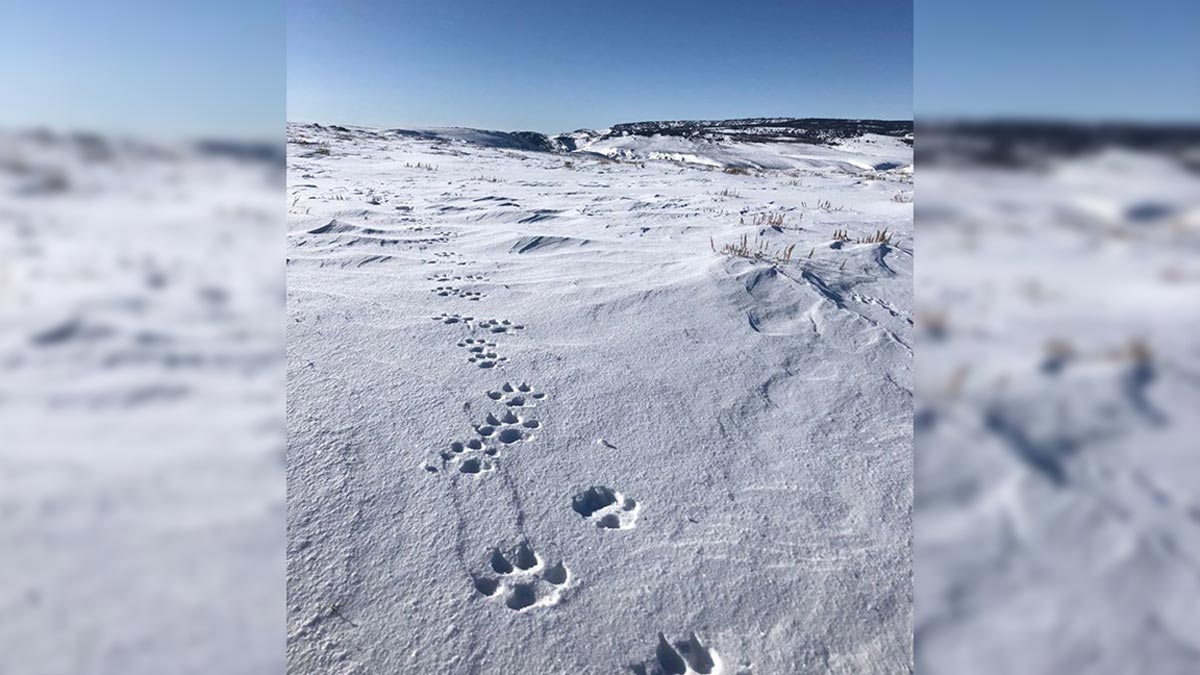The Rocky Mountain Elk Foundation agrees with the scientific, methodical approach taken by Colorado Parks and Wildlife scientists and biologists regarding wolf introduction. In the November 2020 election, voters narrowly passed Proposition 114 to introduce wolves into Colorado. Among the more than 3.1 million votes cast, the difference was less than two percent.
Originally placed on the ballot by deep-pocketed wolf proponents and environmental groups, the measure called on the Colorado Parks and Wildlife (CPW) Commission to “develop a science-based plan to restore and manage gray wolves in Colorado” and to “take the steps necessary to begin reintroduction of gray wolves by December 31, 2023.”
Yet since its passage, wolf proponents changed their tune, calling the commission’s approach of creating advisory groups as “a perilously cumbersome process.” They now want wolf releases to begin in 2022 and also advise against any consultation with the U.S. Fish and Wildlife Service. However, the commission is staying the course.
“We want to do this well and we want it to be transparent. We want it to be very inclusive,” said Carrie Hauser, CPW commissioner, as reported by KOAA-TV. “That also takes time so I think our goal, as outlined in Proposition 114 to have this completed by no later than December of 2023, means we’ve got to find a blend of effectiveness, efficiency and speed and to do it really well.”
In the 1990s, environmental groups agreed with wildlife managers on minimum recovery wolf population levels in the Northern Rockies but once wolves hit the ground and those populations met and exceeded those thresholds, they instead filed a series of lawsuits to stop the shifting of wolf management to state agencies, which allowed populations to balloon well beyond those protocols.
“We’ve seen this playbook time and time again over the years from environmental groups. They agree to one set of rules and then want to change them so it benefits their own agenda,” said Blake Henning, Rocky Mountain Elk Foundation chief conservation officer. “Such action flies in the face of science-based wildlife management and the North American Wildlife Conservation Model.”
RMEF previously signed onto a letter with 15 other sportsmen and conservation groups urging the commission to not rush the process, allow science and not activism to lead the effort, use funding from the Colorado legislature and not the Wildlife Cash Fund, and include clear and direct openness related to wolf management.
(Photo source: Colorado Parks and Wildlife)
